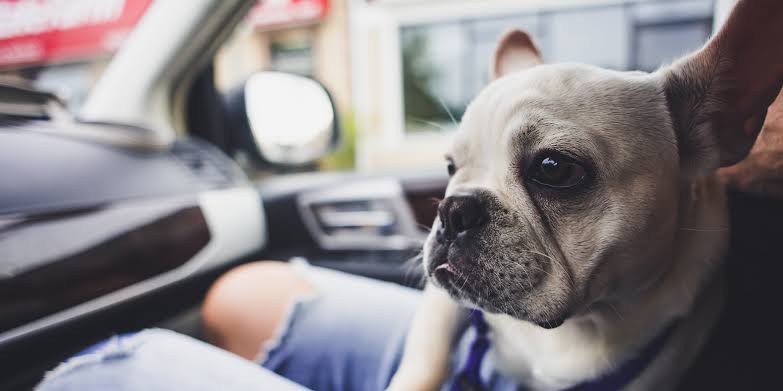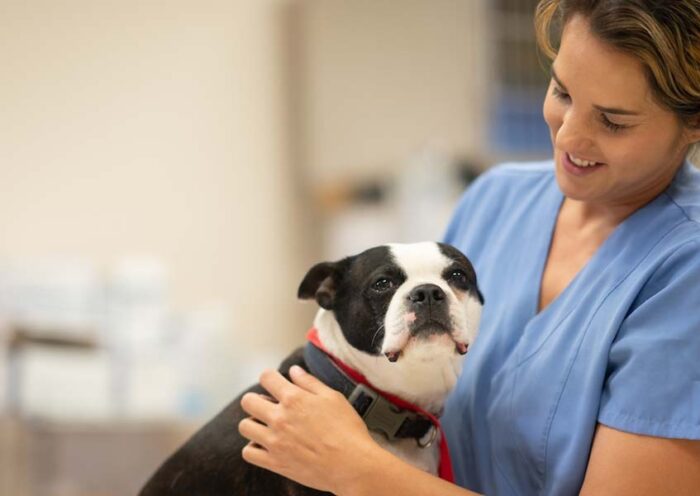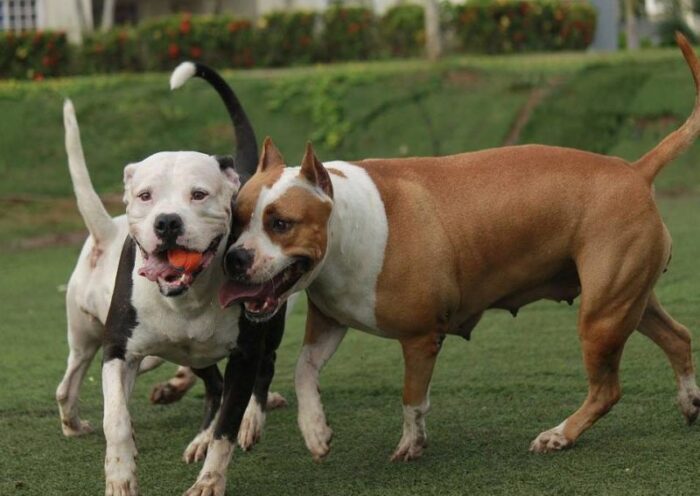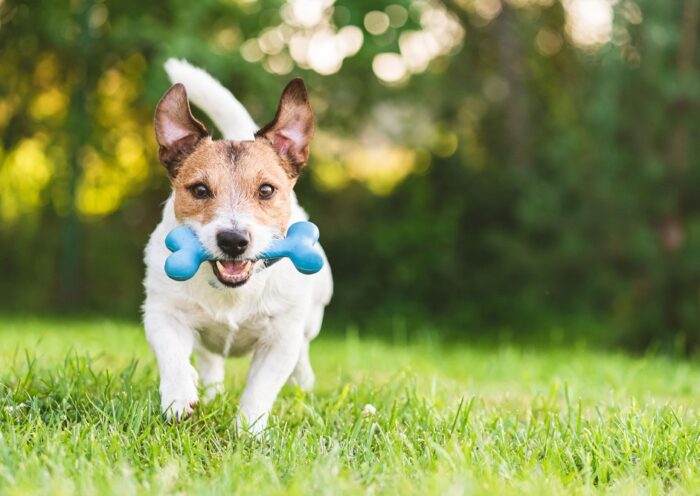
Tips for Pet Safety during Emergencies
For your pet’s health, it’s vital that you carefully and securely store medications. Proper storage helps prevent your pet from unintentionally ingesting her prescription, or yours, either of which could lead to potentially major health problems.
FDA gets complaints of dogs accidentally taking medicines as part of the agency’s large system for monitoring drugs used in animals. A few of these examples include pets getting into their own medications or medications for other pets in the residence.
How to choose the best stuff for your pets?
A lot of pet medications happen to be flavoured to taste and smell lovely which a bonus is when Princess consumes her pill easily but a downside when she sniffs the pills out on her own and consumes the entire supply at once. Even drugs that aren’t meant to taste good can be ingested by certain pets, especially those with a less refined palate. It’s possible that they’ll eat the entire thing!
Following these safe storage guidelines makes it simpler to prevent your pet from accidentally eating pharmaceuticals:
You should keep pet medications in their original containers with the labels on. Instructions for use and the pet’s name must be easily discernible on the label in order for it to be effective. You can click on petcarerx.com for the further details.
Drugs for pets should be kept in a secure location. A seemingly inaccessible object may actually be just a few feet away from your pet. Kitchen and bathroom worktops and shelves, as well as other high spots in the home, may not be adequately protected by cats and ferrets. A child or another pet can more easily get their hands on prescription medication when cats knock them off of counters or bedside tables and into the floor. Dogs with excellent senses of smell can discover even more inventive ways to get their paws on that pill vial tucked away in the back of the cupboard.
Additionally, pet owners should be aware that medication packaging meant for children may not be suitable. There have been reports of pets gnawing through polyethylene pill vials, boxes, and blister packs, all of which are used to hold prescription medications.
Children should not have access to any medications for pets. If the medication is in a chewable or liquid form, children may mistake it for candy. Fruity scents like banana or strawberry may be especially enticing to children who use liquid pet treatments.
Keep it separate from human medicines
Keeping pet medications separate from human medicines will help keep everyone’s health and safety on the straight and narrow. Owners of pets who mistakenly ingested their pet’s prescribed medication or gave their own personal medication to their pet are frequently contacted by the Food and Drug Administration. Poison control centres and doctors should be contacted immediately if a pet medication is accidentally consumed. Do not provide a human drug to your pet without consulting your veterinarian or calling an animal poison control hotline immediately Prescription prescriptions should be kept in separate containers for each member of your home, including your pets, to minimise pharmaceutical mishaps.
Conclusion
Medications for horses and farm animals should be kept out of the reach of your dog if you take your dog to the barn with you. Dogs may find the flavourings in many horse medications pleasant, so be careful when providing these treatments. Additionally, keep medications for farm animals and horses out of reach of your dog. Whenever possible, avoid letting liquid treatments, such as dewormer paste, fall to the ground. This could happen, but it’s not a guarantee. The same rules apply to barn cats as they do to the rest of the animals in the barn.





